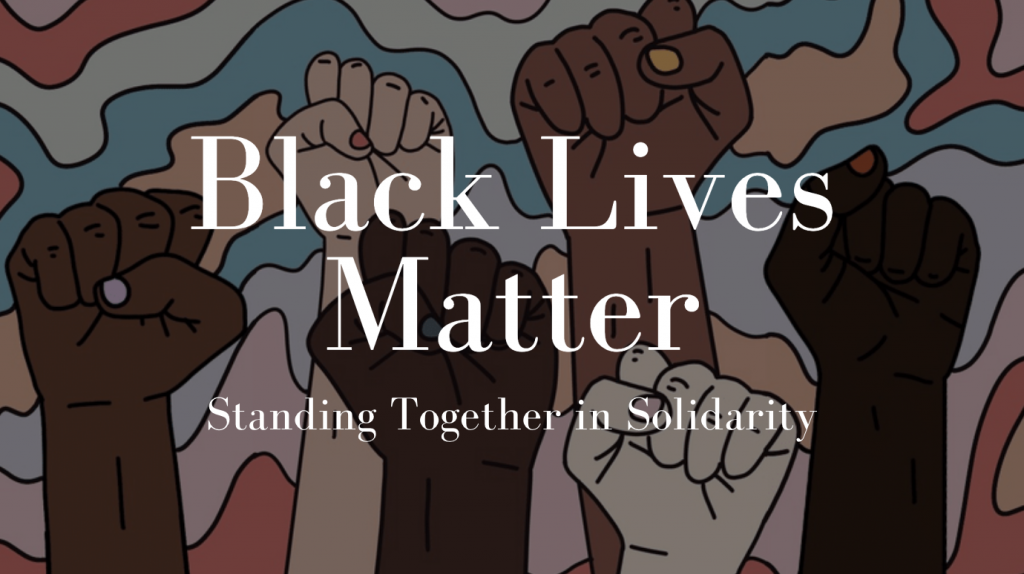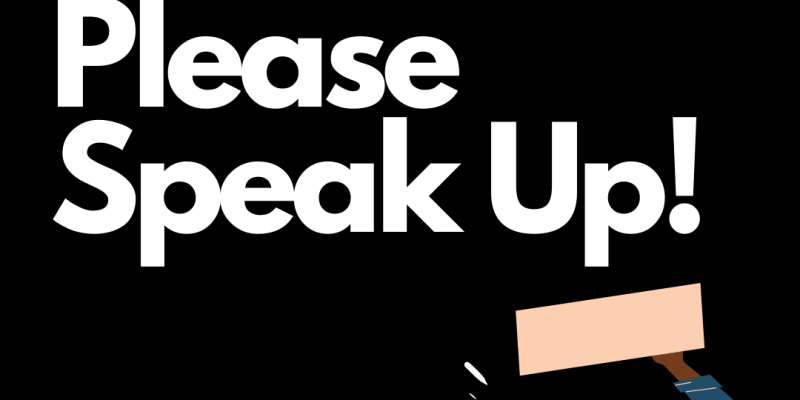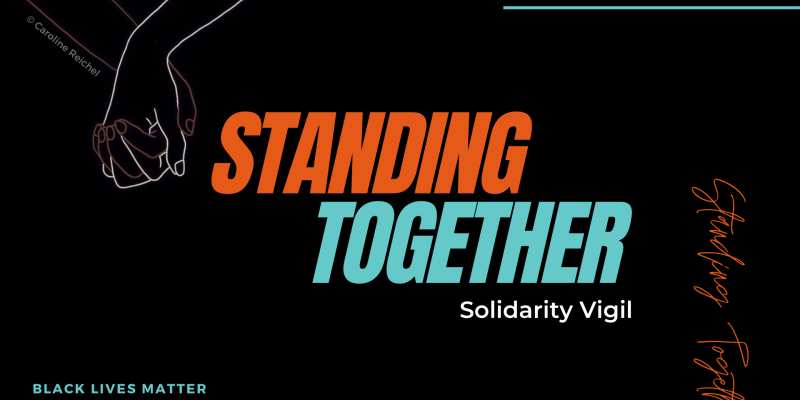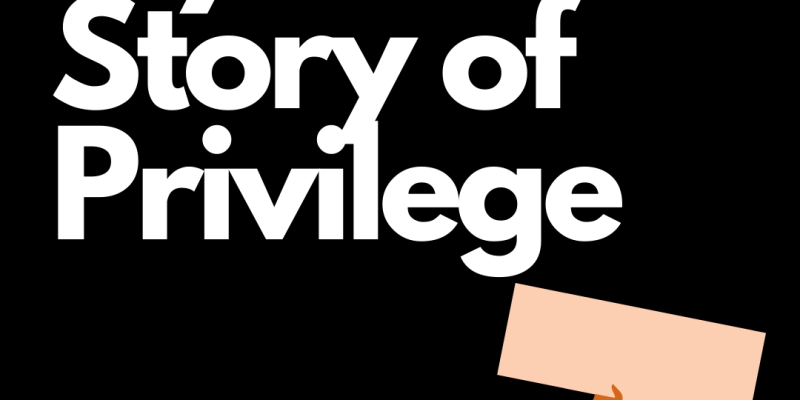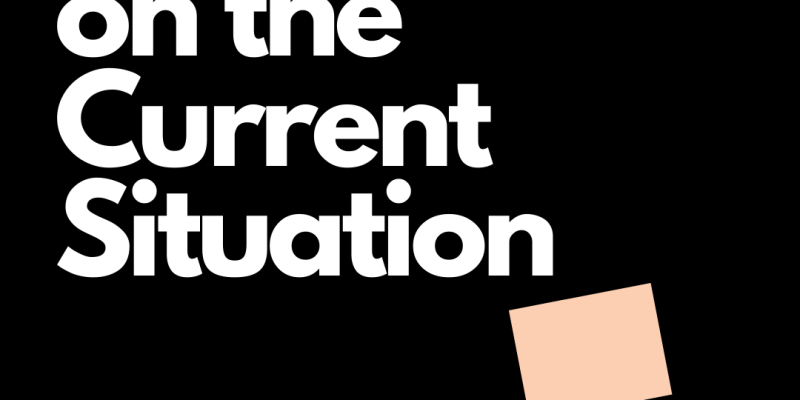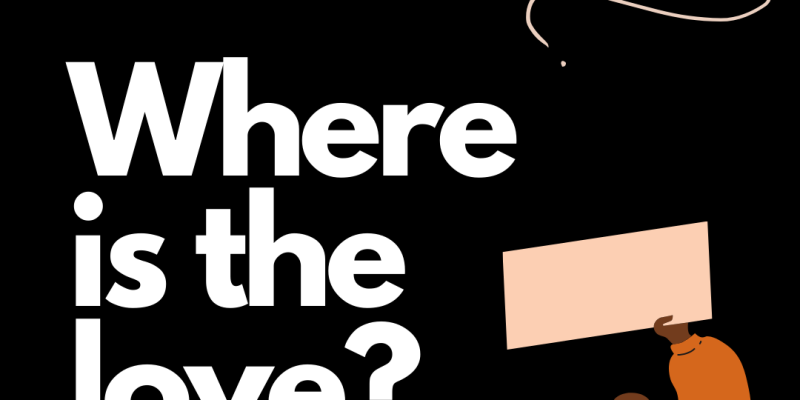Jenny Kim shared her experiences in her reflection, ‘Let’s Please Speak Up’, in the hopes of ending the silence around racism and standing with the black community.
Standing Together Vigil
Standing Together was a virtual vigil that was held by St. Timothy’s Presbyterian Church in solidarity with Black people who face disproportionate racism in the United States and Canada. The vigil took place on Saturday June 6th, 2020 and featured two guest speakers: Rev. Dr. Esther Acolatse and Rev. Paulette M. Brown.
My Story of Privilege
Bob Kim shared his experiences in his reflection, ‘My Story of Privilege’, in the hopes of helping with the conversation on racism and police brutality that is happening in the United States and all over the world.
Reflections on the Current Situation
In light of the current Black Lives Matter movement in the United States and Canada, the summer interns have written reflections regarding their knowledge and thoughts on the current situation.
Where is the love?
This is a post in a series of reflections for the Black Lives Matter movement. To read other reflections, please go to the Black Lives Matter page. Consider this post a sequel to the sermon I preached on Sunday. Cities are burning south of the border. Not only the physical stores and buildings, but also the […]
